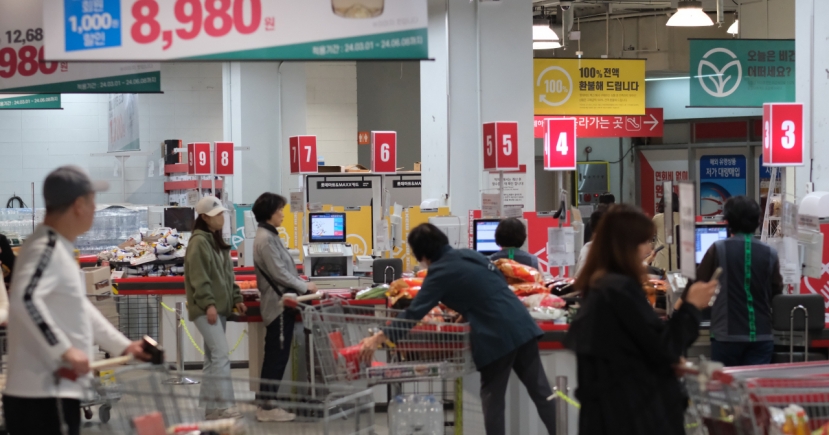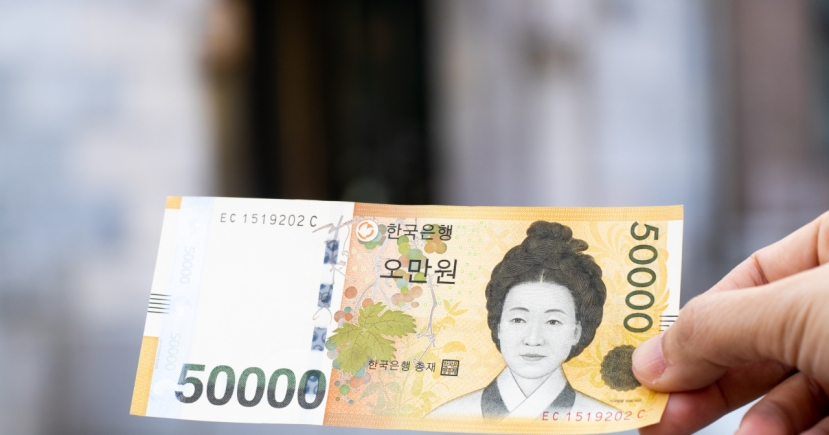Economy
Korea’s growth not translating into job creation
[THE INVESTOR] South Korea has witnessed a large drop in new jobs despite economic expansion in the past two years, government data showed on Jan 3.
The number of jobs created by each 1 percent growth of gross domestic product this year is expected to be half that of 2012, according to data from the Ministry of Strategy and Finance and Statistics Korea.
The government forecasted that Korea’s GDP would grow 2.6 percent and create about 260,000 new jobs this year. This translates to 100,000 jobs per 1 percent of GDP growth.
In 2012, the economy recorded 2.3 percent growth, with 437,000 new jobs.
The number of new jobs per percentage point of growth was also low in the mid-2000s, when people in their 40s made up the largest proportion of the population. As those in this age group were mostly employed, the growth did not create many new jobs. At that time, about 50,000-70,000 jobs were created per 1 percent of growth.
The 2008 global financial crisis wiped out more than 100,000 jobs per 1 percent growth in 2009, but the figure soon turned from red to black in 2010, with 50,000 jobs per 1 percent growth, on 6.5 percent GDP growth in 2010.
 |
The figure went up due to economic recovery during the period from 2010 to 2012, but started to fall again from 130,000 jobs per percentage point of growth in 2015 to 112,000 jobs in 2016.
This year, ongoing corporate restructuring in ailing sectors such as shipbuilding, the anti-graft law and the increased proportion of financially troubled self-employed are likely to weigh on the creation of new jobs, observers said.
An expert forecasted that this trend could continue in the coming years.
“Demographic changes seem to be the biggest reason behind the latest trend of the declining number of new jobs. Baby boomers in their late 50s and early 60s, who led new job creation for years, have entered or plan to enter retirement age now,” Sung Jae-min, a research fellow at the Korea Labor Institute, told The Korea Herald.
“Going forward, this trend will worsen. But I think it is too premature to call this trend ‘jobless growth’ because jobs will get better when the economic cycle returns to recovery mode.”
By Kim Yoon-mi/The Korea Herald (yoonmi@heraldcorp.com)






![[KH Explains] Korean shipbuilding stocks rally: Real growth or bubble?](http://res.heraldm.com/phpwas/restmb_idxmake.php?idx=151&simg=/content/image/2024/04/25/20240425050656_0.jpg)
![[Hello India] Hyundai Motor vows to boost 'clean mobility' in India](http://res.heraldm.com/phpwas/restmb_idxmake.php?idx=151&simg=/content/image/2024/04/25/20240425050672_0.jpg)
